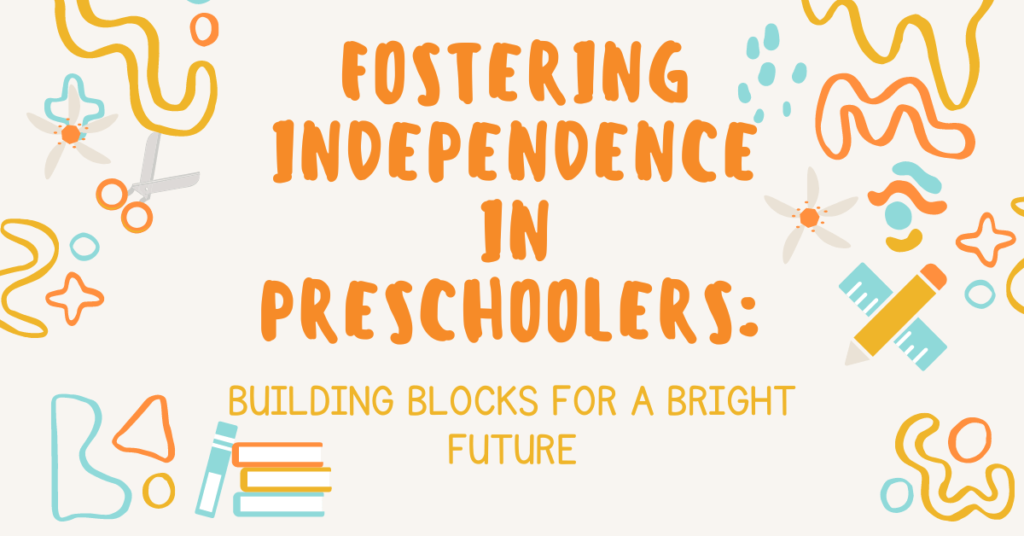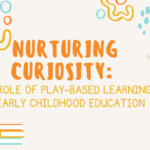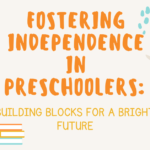Independence is a fundamental skill that lays the groundwork for a child’s future success. At Mamatv Preschool, we believe that fostering independence in preschoolers is a crucial aspect of early childhood education. It empowers children to become confident, capable individuals who are ready to explore the world around them. In this blog post, we’ll explore the importance of independence in early childhood and share some tips on how parents and educators can nurture this valuable trait.
Why is Independence Important?
Independence is about more than just self-reliance. It encompasses a range of skills and qualities that contribute to a child’s overall development:
1. Self-Confidence: When children learn to do things on their own, they gain confidence in their abilities. This self-assuredness serves as a strong foundation for facing challenges and making decisions in the future.
2. Problem-Solving: Independent children are natural problem solvers. They learn to assess situations, make choices, and take action, which are vital skills in navigating life’s complexities.
3. Responsibility: Independence fosters a sense of responsibility. Children learn to take care of their belongings, follow routines, and contribute to household tasks, instilling a sense of accountability.
4. Social Skills: Independent children often develop better social skills. They can engage in activities and play with others confidently, making friends and forming positive relationships.
5. Emotional Resilience: Independence encourages emotional resilience. Children become better equipped to handle setbacks and disappointments, as they learn that they can take action to address challenges.
How to Foster Independence
1. Provide Opportunities: Create an environment where children have opportunities to make choices and take on age-appropriate responsibilities. Offer options for activities, clothing choices, and meal decisions to give them a sense of control.
2. Encourage Problem Solving: When children encounter challenges, encourage them to think of solutions independently. Ask open-ended questions like, “What can you do to solve this problem?” and let them brainstorm.
3. Support Risk-Taking: It’s essential to allow children to take risks within safe boundaries. Climbing, exploring, and trying new activities help build confidence and resilience.
4. Celebrate Efforts: Praise your child’s efforts rather than just the end result. This encourages them to keep trying, even if they face setbacks.
5. Be Patient: Independence is a journey, and it’s important to be patient. Children may need time to develop new skills and become comfortable with independence.
6. Model Independence: Children learn by observing. Be a role model for independence by demonstrating how you take care of tasks and solve problems in your daily life.
7. Provide Age-Appropriate Tools: Offer tools and resources that match your child’s age and development level. This might include child-sized utensils for meal preparation or a step stool to reach the sink for handwashing.
Conclusion
Fostering independence in preschoolers is an investment in their future. It equips them with the skills, confidence, and resilience needed to navigate the challenges and opportunities that lie ahead. At Mamatv Preschool, we are dedicated to nurturing independence in our young learners, ensuring they embark on a lifelong journey of self-discovery and success.




No Comments on Fostering Independence in Preschoolers: Building Blocks for a Bright Future